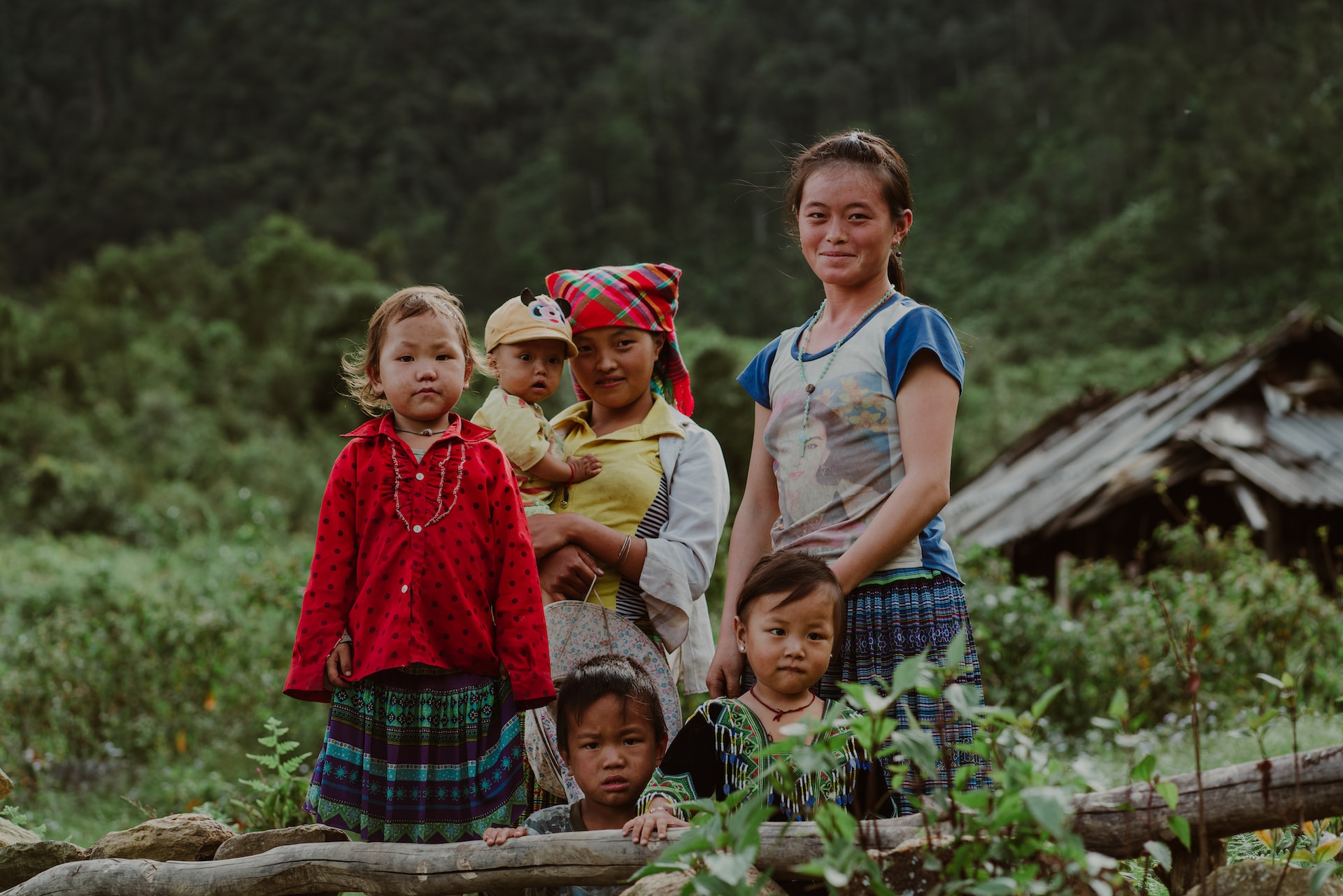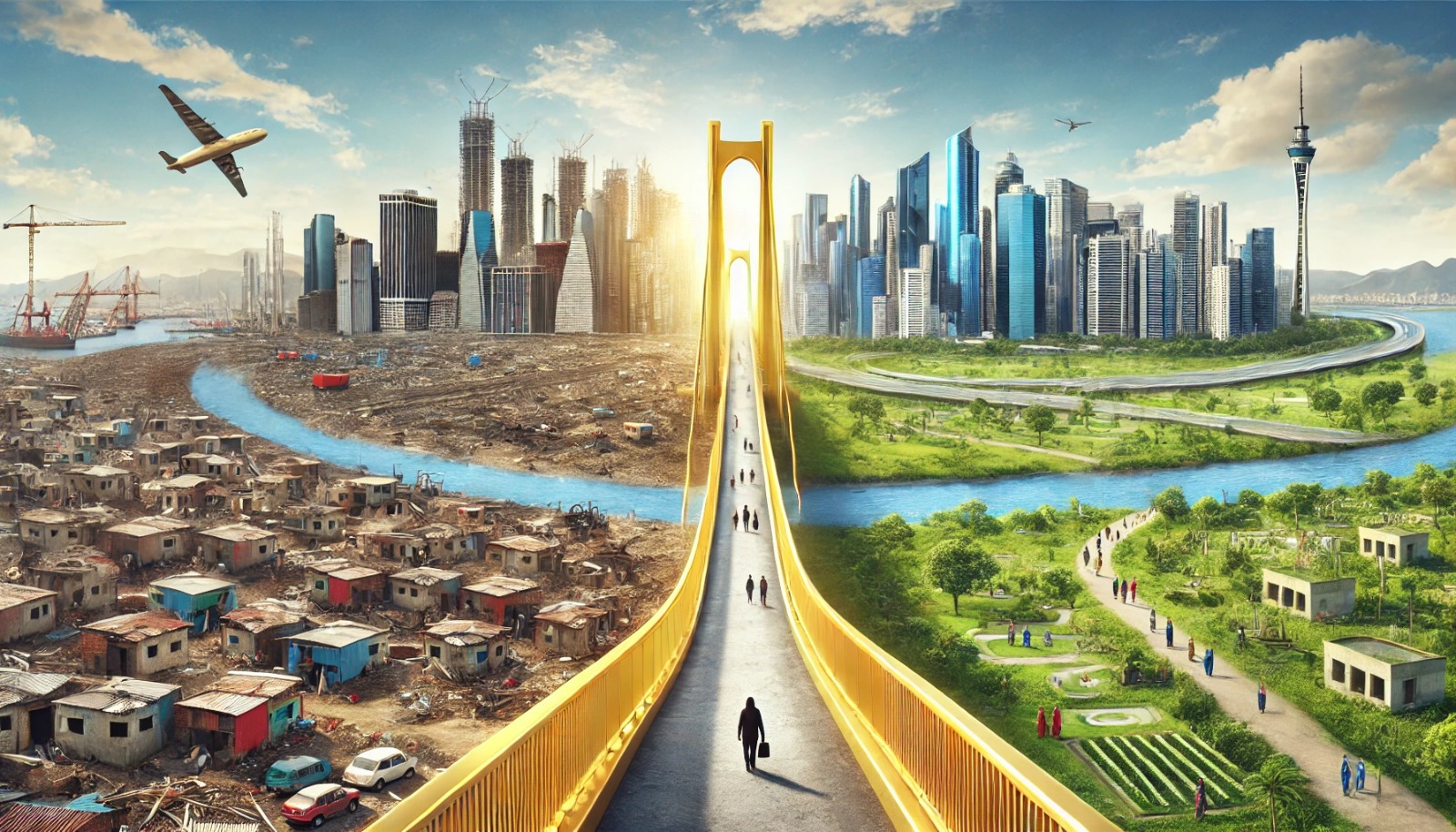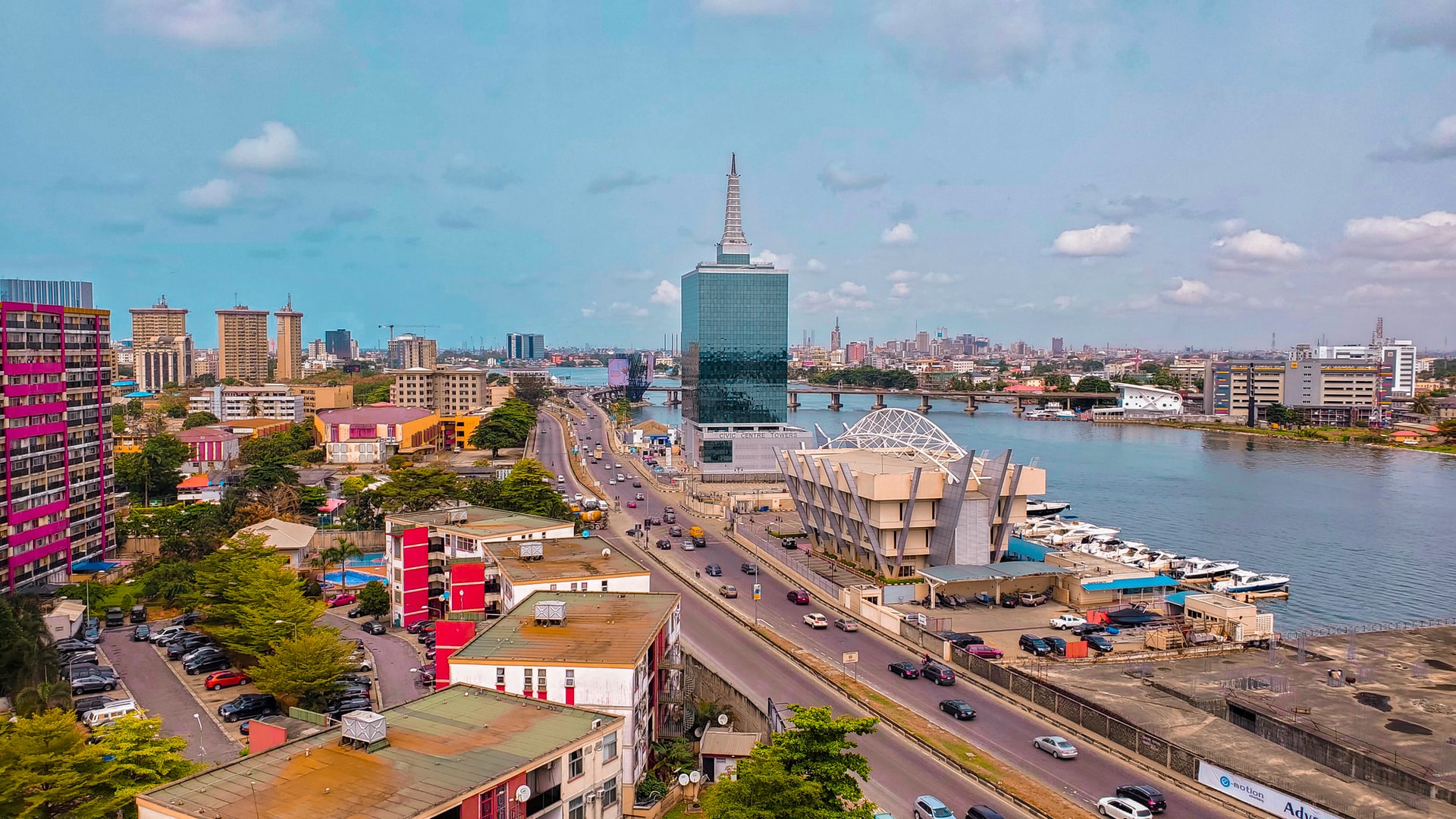Indigenous Peoples Vital to Fight Climate Change
Indigenous peoples are an integral part of the global community, invariably forming the socio-cultural backbone of contemporary society. But their rights and voices are rarely heard, and the struggles they contend with almost never make it to the front pages. Even then, the cause for safeguarding indigenous people remains crucial, particularly in preserving their cultural identities, protecting their physical and social communities, and ensuring their inclusion in socio-economic development.
Crucially too, safeguarding indigenous peoples’ rights and developing policies that protect their cultures and communities are vital to the climate change fight. Protecting indigenous peoples and their way of life can actually safeguard against unchecked environmental degradation. Acknowledging their land rights is crucial to demarcating indigenous lands and protecting them from external threats in the form of rampant development.
But there are also stories that showcase how recognizing and acknowledging the rights of indigenous peoples bear economic fruit for the country. Indigenous people are also great observers of nature and this centuries-old knowledge can be passed down to future environmentalists who will take over in protecting the environment and thus help restore the balance of nature.
Indigenous People Exist
There are 476 million indigenous people living in the world across more than 90 countries. They belong to more than 5,000 different indigenous groups and speak more than 4,000 languages. Indigenous peoples represent about 5% of the world’s population with Asia making up the largest majority.
Indigenous peoples are recognized and called by different names across the world. They are also known as First Peoples, Aboriginal Peoples, or Native Peoples. In some countries they are referred to by specific terms such as Adivasis in India or Janajatis in Nepal.
The rights of indigenous people were recognized and laid out in the UN Declaration on the Rights of Indigenous Peoples, which was adopted in 2007 by a majority of 144 countries, while developed countries such as Canada, US, New Zealand, and Australia voted against it.
The land that indigenous peoples live on is home to over 80% of our planet’s biodiversity, which is rich in natural resources, such as oil, gas, timber, and minerals. This richness in biodiversity makes these lands a prime target by governments and private companies that routinely appropriate or plunder these areas against the will of their inhabitants.
Non-recognition of Their Rights
Indigenous peoples are routinely subject to human rights abuses and many have been uprooted from their land due to discriminatory policies and armed conflict. Indigenous land rights activists regularly face violence or are even killed when trying to defend their lands.
Indigenous peoples who are forcefully moved out of their lands face even greater marginalization, poverty, disease, and violence since they are cut off from their resources and traditions. They are also denied the opportunity to express their culture, and are very often treated as second-class citizens.
Even their countries’ legal systems do not recognize them and often marginalize them. Indigenous peoples are also accused of treason or terrorism when they try to maintain their cultural identity or exercise control over their traditional lands.
Indigenous peoples make up about 15% of the world’s extremely poor due to discrimination and they also suffer higher rates of landlessness, malnutrition, and internal displacement than other groups.
Protecting Indigenous Rights
But hope remains for the future of indigenous peoples. In 2017, human rights defender Máxima Acuña Atalaya won a landmark trial, where the Peru Supreme Court dropped unfounded criminal charges of land invasion against her. This was a triumphant victory against the Yanacocha mining company, which had previously accused Atalaya of squatting.
We have another positive story from Canada, where the government is supporting the development of the country’s first geothermal electricity production facility in the traditional territory of aboriginal groups or first nations. The Tu Deh-Kah Geothermal project is completely owned by the indigenous Dene people of the area. Once the project is completed, it is expected to greatly help the local indigenous people transition from fossil fuel energy reliance to a cleaner energy alternative. The success of the project will also help set a blueprint for more geothermal site discoveries in the country.
Crucial for the Environment
Indigenous peoples safeguard 80% of the planet’s biodiversity, despite comprising only 5% of the world’s population. In the Amazon Basin, Mesoamerica, the Democratic Republic of Congo, and Indonesia, indigenous peoples manage land that stores over 20% of the world’s above-ground carbon. Their deep understanding of the natural world helps contribute to the protection of forests and local biodiversity, especially in more remote areas. By practicing sustainable land use, they combat climate change and enhance resilience to natural disasters. Preserving indigenous knowledge is crucial in our efforts to protect the environment and address climate change.
Photo Caption: An indigenous family in Vietnam.




